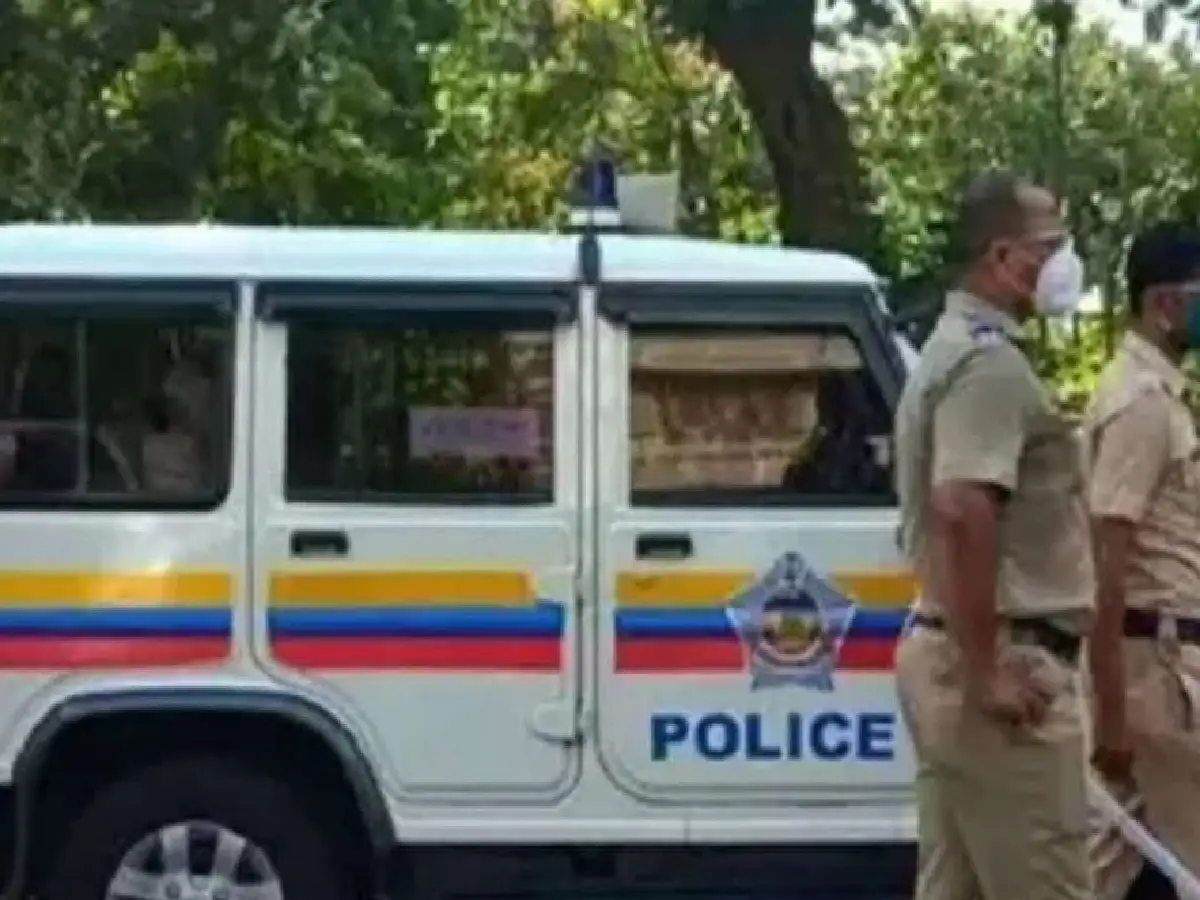To address the rising drug addiction problem, Delhi’s Lieutenant Governor, VK Saxena, has planned a one-month aggressive anti-drug campaign beginning December 1. Throughout the campaign month, officials will check and clean a variety of public buildings and spaces, including 200 hostels, 50 colleges, 200 schools, and several other locations.
Special focus will be paid to ensuring that educational institutions remain drug-free, with appointed nodal officers and accountable wardens monitoring compliance. This project is part of a larger strategy to make Delhi into a drug-free zone within three years.
During the ninth review meeting of the state-level committee Narco Coordination Centre (NCORD), Saxena emphasized the multidimensional impact of drug misuse, noting not only the negative consequences on young health but also the geopolitical repercussions. He emphasized how narcotics are strategically used to destroy youth and, as a result, national strength.
The Social Welfare Department will play an important role by communicating with schools and parents, raising awareness about the hazards of drug misuse, and urging close surveillance of children’s activities. To assist these efforts, advisories will be distributed to teachers and parents.
To encourage public collaboration, the Delhi Police will provide rewards to informants while retaining confidentiality. Furthermore, public awareness will be pushed via various media platforms, with anti-drug propaganda prominently exhibited across the city, especially on public transit.
The initiative will also result in faster processing of pending drug-related cases, with the Forensic Science Laboratory significantly reducing backlog under the LG’s leadership. By addressing these challenges, the project hopes to deconstruct drug networks, lower demand, and foster a safer, healthier neighborhood.

